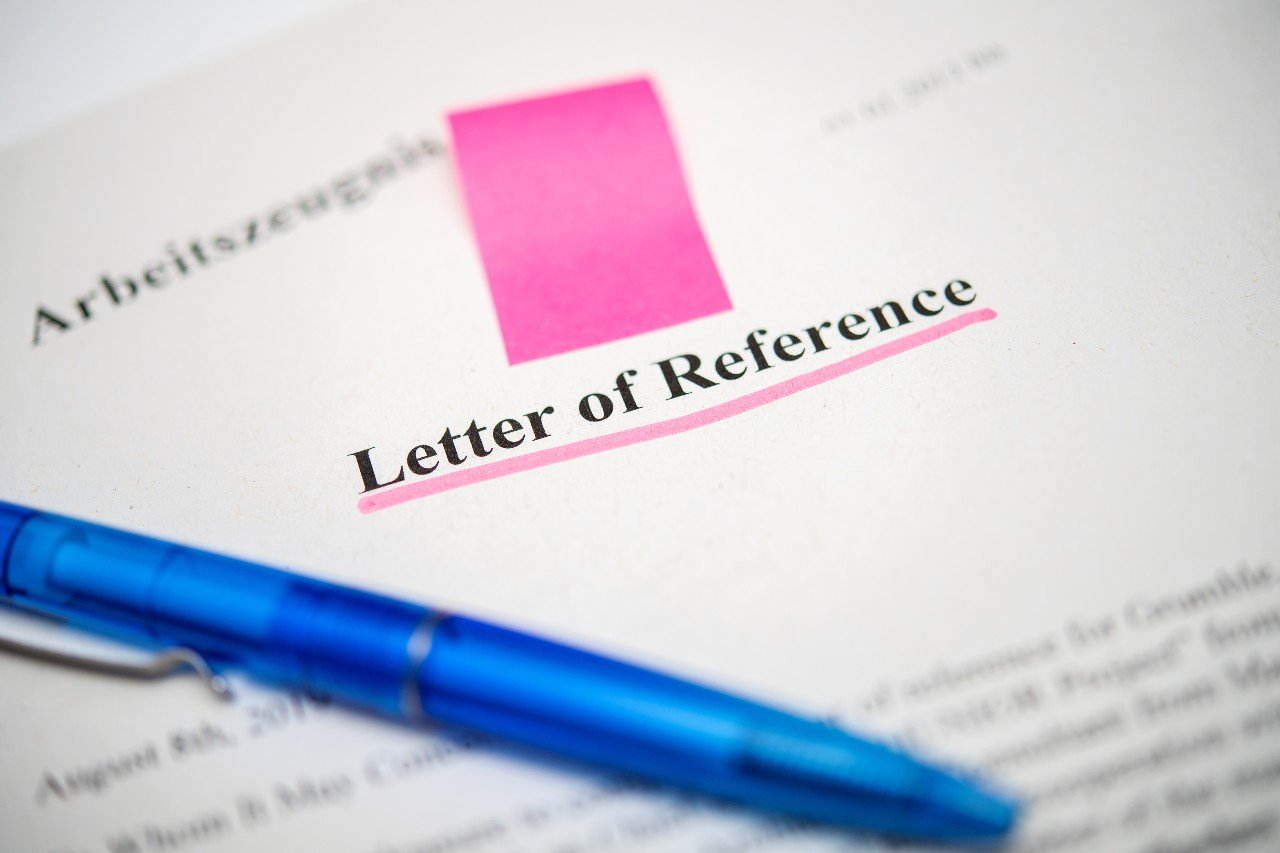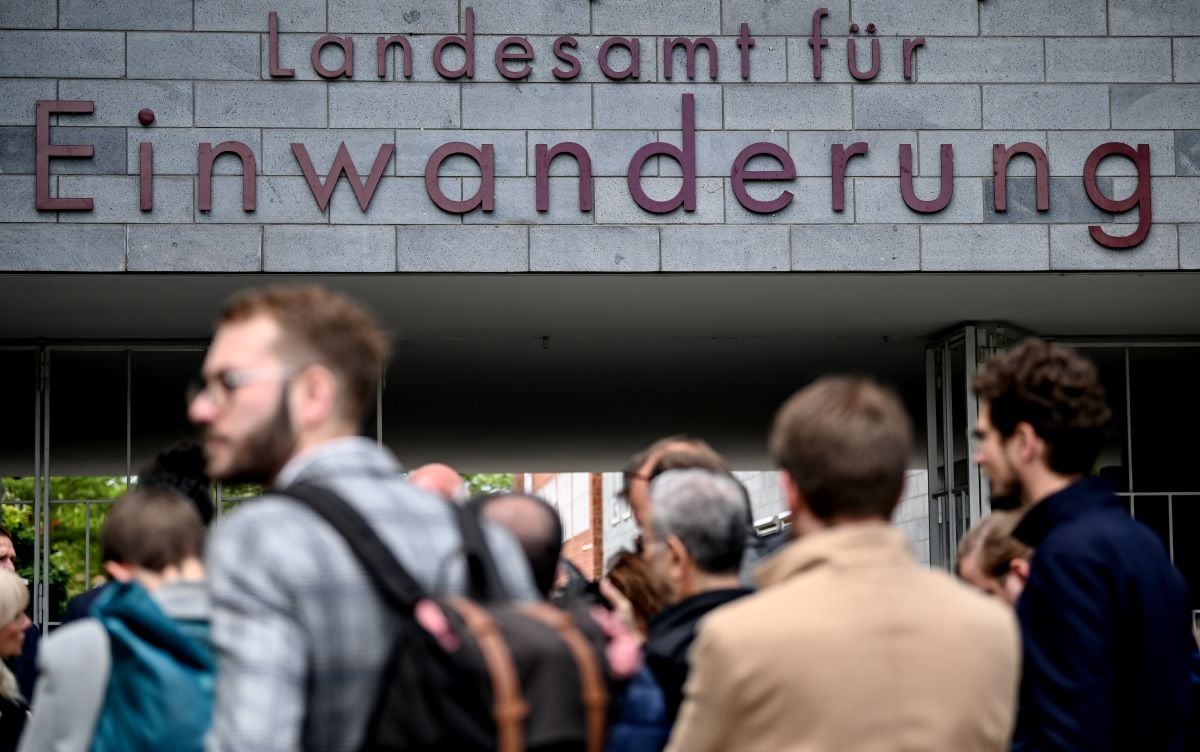The study, published on Wednesday by the German Chamber of Industry and Trade (DIHK), showed that more than a third of companies cannot fill all their training positions, while almost one in ten didn't receive any applications at all last year.
According to the survey, 17,000 companies no longer received any applications for open training places last year – 10 percent more than in the previous year.
Companies in the catering, construction or transport sectors in particular struggled to find applicants. Meanwhile, many companies that do still receive applications complained to the DIHK researchers about the quality of the applicants.
Germany is unique in its vocational training programmes, which combine theoretical as well as practical on-the-job training for 2 to 3.5 years, depending on the field.
DIHK head Eric Schweitzer said that the study revealed a dangerous development for the national job market. “Germany is losing its skilled labour force,” he warned.
The consequences for companies are very real, as a lack of employees means it takes them longer to complete contracts or they have to turn down inquiries completely, Schweitzer said.
The severity of the situation is only likely to become more acute in the coming years when the baby boomer generation start to move into retirement. Many HR departments are already preparing for a big wave of retirements starting in 2020.
Schweitzer stressed that politicians need to recognize the “seriousness of the situation” and make it more attractive for school leavers to enter vocational training schemes.





 Please whitelist us to continue reading.
Please whitelist us to continue reading.
The Local authors should provide the link to the source of the news. Like in this case, the link to research published from German Chamber of Industry and Trade (DIHK) should be provided.